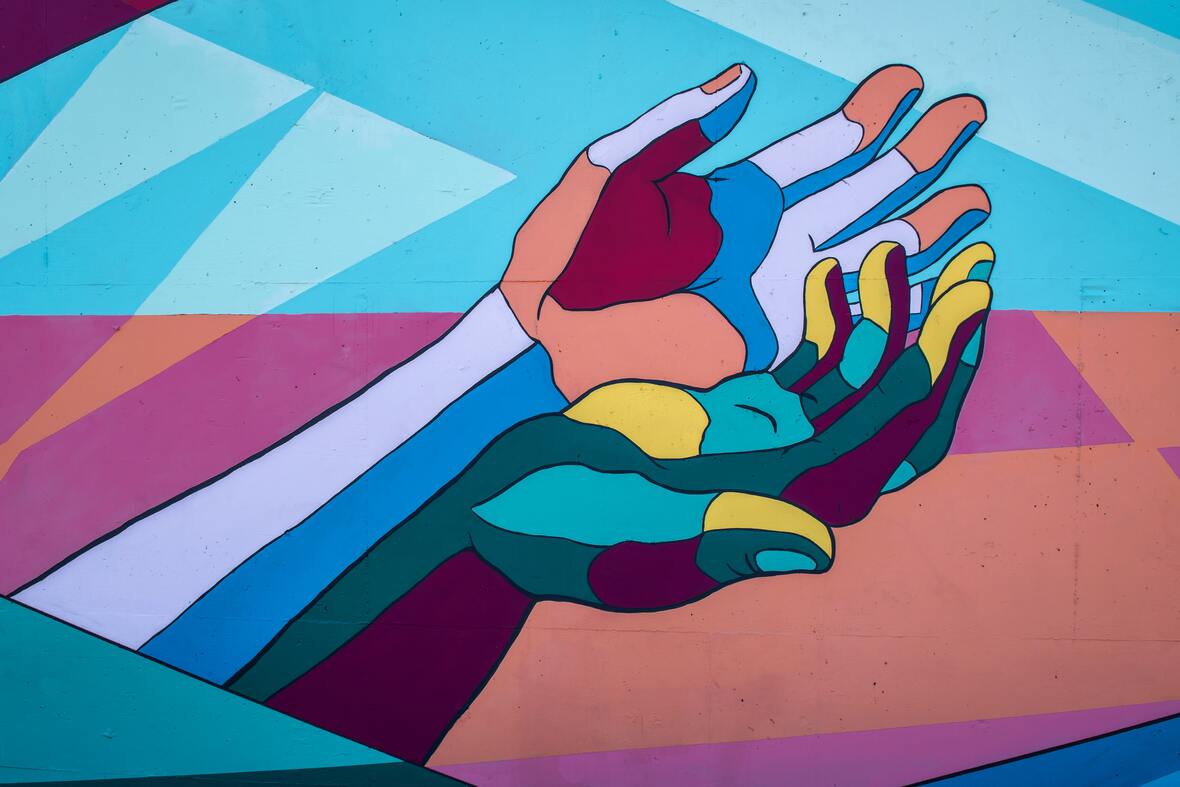
05 Jan Creating an Unapologetically Inclusive World
Greetings Westwood Family,
I pray this message finds you all doing well and that your New Year is off to an excellent start. For some, the new year marks an opportunity to make a concerted effort to change and grow; we often refer to this as our New Year’s resolution. I have never been the resolution type, but this is mostly due to having ADHD, which causes me to feel like I need to make changes immediately when I think they are necessary! However, I wanted to do something different this year. Rather than personalizing a resolution, I considered what resolution our community could make for the new year. How might we need to change and grow?
In my experience, many, if not most, of the resolutions I hear about involve our bodies somehow. Sonya Renee Taylor writes in The Body Is Not An Apology that we have been “told there is a right way to have a body, and our apologies reflect our indoctrination into that belief. We believed there was indeed a way in which our bodies were wrong. Not only have we been trying to change our ‘wrong bodies,’ but we have also continued to apologize for the presumed discomfort our bodies rouse in others.” Given this, I wondered what role Christian theology has played in enabling and encouraging a culture where so many of us feel like our bodies are wrong. Moreover, how might we develop a new theology of the body that is built on the radical self-love that Jesus teaches in his earthly ministry?
To be sure, Christianity has historically had a complicated relationship with the human body. From the ancient arguments about prioritizing the soul over the physical body to contemporary challenges such as gender, race, sexuality, and ability discrimination, the body has been a constant source of attention and tension. Racism, sexism, ableism, queer and trans hate, agism, and fatphobia are the result of our inability to see our bodies as worthy of love and having sacred worth.
How might we create a world for every body? An unapologetically inclusive world where all bodies know they belong because we work to create spaces for all bodies? Creating an unapologetically inclusive world is an inside-out job. How we value, honor, and think theologically about our own bodies impacts how we value, honor, and think theologically about the bodies of others. To be sure, it is crucial that we distinguish self-love from narcissism. By its very nature, self-love pulls us towards cultivating compassion for another, while narcissism pulls us towards others who boost our egos. Loving our bodies and the bodies of others requires us to make peace with not understanding and to foster curiosity, two practices that are difficult for spiritually immature egos to say the least.
For the next six weeks in The Loft, our sermon series, Unapologetically Inclusive, will help us develop a progressive theology of the human body that aims to move us from apologizing for our bodies to loving them. This series will place Christian theology in conversation with Taylor’s book, along with Amy Kenny’s My Body Is Not A Prayer Request, Linn Tonstad’s Queer Theology, and a little-known book, The Spirit of Soul Food. Please join us or listen to our podcasts as we reimagine what a New Year’s resolution about our bodies can look like.
Love and Solidarity,
Rev. Dr. Carter
